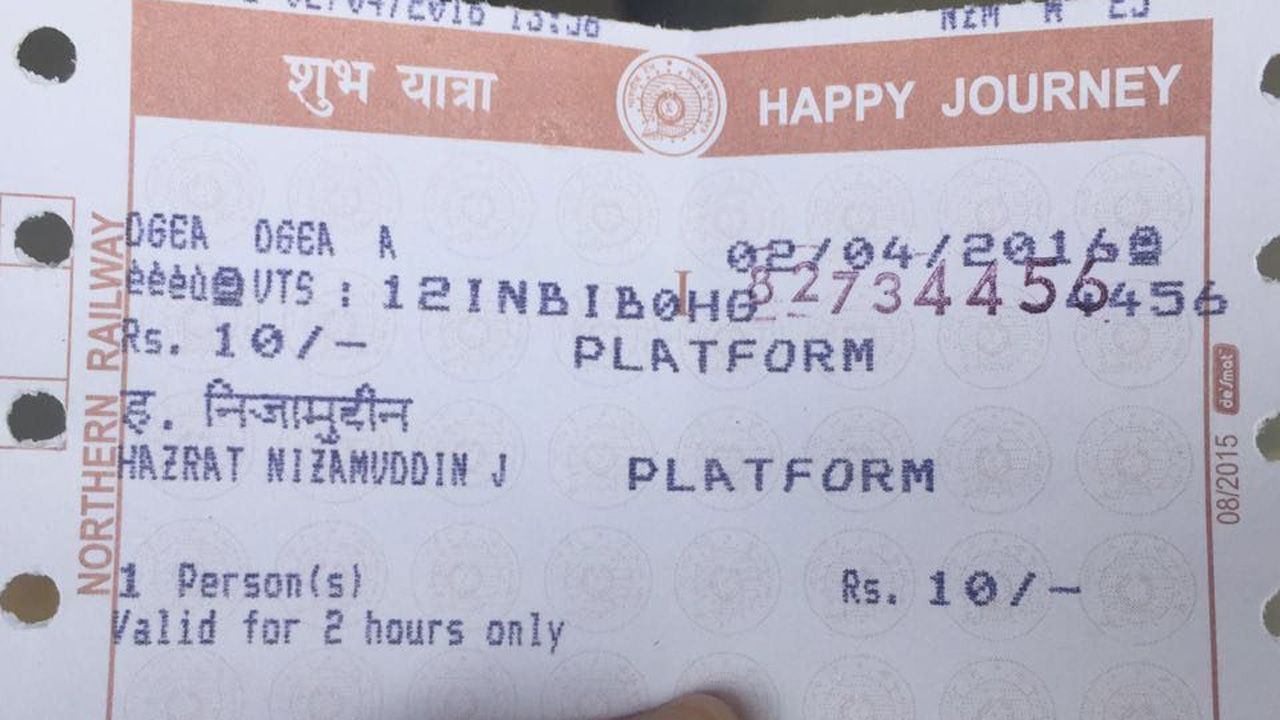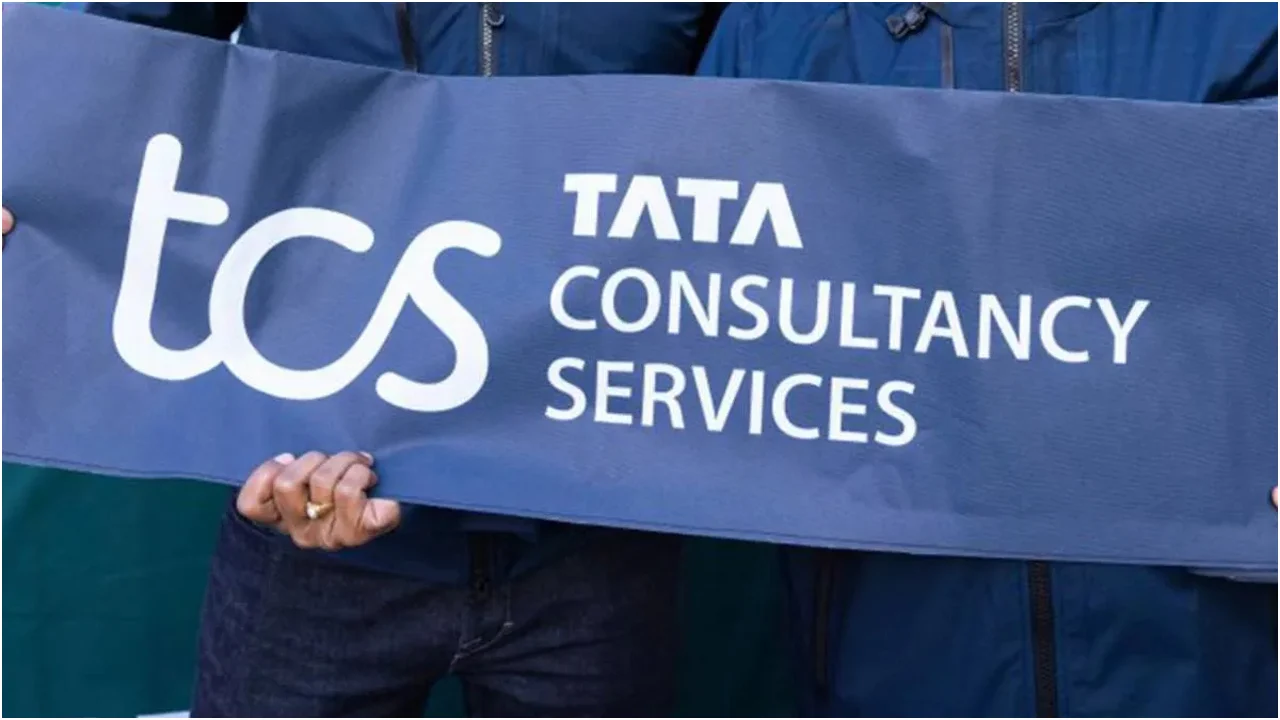Railway General Ticket Rules Changed : Every day, millions of people in India rely on trains for their travel needs. Indian Railways strives to provide every possible assistance to passengers so that they do not face any kind of difficulties. Some passengers traveling by train travel in reserved coaches, while others travel in unreserved coaches.
Reserved coaches require prior booking and include options such as Third AC, Second AC, First AC, AC Chair Car, Sleeper, and Second Sitting. Additionally, general coaches allow passengers to purchase tickets shortly before the train departs.
Changes in General Ticket Rules
Recently, a tragic incident occurred at New Delhi railway station, where 18 people lost their lives due to overcrowding. All these passengers were heading to the Prayagraj Kumbh in Uttar Pradesh, but a stampede-like situation arose at the station, leading to chaos.
After this incident, the Ministry of Railways has considered revising the rules for general ticket booking. Currently, passengers with general tickets can easily change trains. However, under the upcoming changes, the name of the train may need to be printed on these tickets.
The proposed change means that once the name of the train is printed on a general ticket, passengers will no longer have the facility to change trains at the last minute. The purpose of this change is to better manage crowds and enhance security at stations by reducing passenger congestion.
Understanding the Validity of General Tickets
Many passengers may not be aware that the validity of a general ticket is also time-bound. If travel is not commenced within three hours of purchasing a general ticket, it becomes invalid. This rule ensures that only those who are ready to travel immediately can occupy space in the general coach.
Potential changes in ticketing rules could significantly impact the travel plans of millions of passengers. By making the train name mandatory on tickets, the railway’s target is to improve train operation arrangements and enhance security measures at stations across the country.









